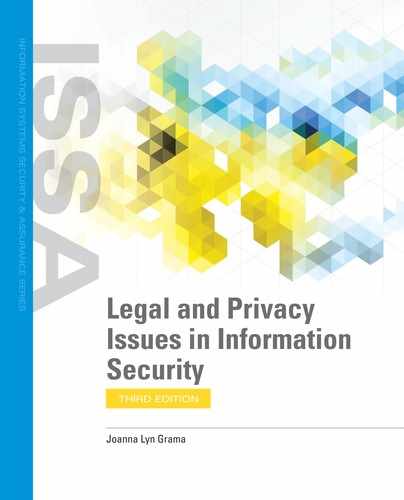Why Is Healthcare Information So Sensitive?
Most people consider their medical information to be among the most sensitive types of personal information because it can be full of private details that people do not want to share. However, people must share these details with healthcare providers to receive treatment. Providers include this information in medical records. These records contain information on diagnoses, lab results, and treatment options. They also contain information about chronic conditions or mental health counseling, as well as private details about a person’s lifestyle.
Doctor/patient confidentiality is a long-held tradition. The Hippocratic Oath, a pledge that many medical school students recite upon their graduation which dates back to the fourth century B.C.E., recognizes this belief. The traditional version of the oath states: “Whatever I see or hear in the lives of my patients, whether in connection with my professional practice or not, which ought not to be spoken of outside, I will keep secret, as considering all such things to be private.”5 The statement means that a doctor will keep the patient’s health secrets.
![]() NOTE
NOTE
When a judge orders defendants to pay restitution, it is paid to victims to compensate them for damages related to a crime.
Health records often contain intimate details about a person. People fear that they will be embarrassed if their health information is not kept secret. Some people may even fear for their lives if particularly intimate facts, such as reasons for health counseling, are disclosed. Another fear among people is that others may discriminate against them. They fear that insurance companies or employers could reject them because of information in their health records. For instance, people who have been treated for anxiety or high blood pressure in the past might fear that their application for private life insurance will be denied. People with a known genetic predisposition for certain types of diseases might fear that they will be denied health insurance.
The U.S. government recognizes the special sensitivity of some medical records. For example, the Drug Abuse Prevention, Treatment, and Rehabilitation Act of 19806 protects patient information about alcohol or drug abuse. This law applies to any federally assisted alcohol or drug abuse treatment program. It states that these programs may not disclose patient information without consent. There are very few exceptions to this rule. Patient information can be disclosed without consent only in limited situations. For example, a treatment program may disclose patient information in a medical emergency or to report child abuse.
People often feel as if they have little control over where their health information is shared, which is a privacy concern. Providers share health information for treatment purposes. It is also shared with government agencies if payment is made through government programs such as Medicaid or Medicare. It is also shared with insurance companies. Insurance companies sometimes ask for health insurance records to make decisions about whether a person is a suitable risk for life or health insurance. These records are shared in court cases, particularly if a plaintiff claims an injury in a lawsuit. They are used to prove that a defendant caused the plaintiff’s injury and is liable for that injury.
FYI
The MIB Group, Inc. is an industry group of U.S. and Canadian insurance companies that helps protect against fraud in the insurance industry. Group members share information about life, health, and long-term care insurance applicants to make sure that applicants do not conceal or hide certain types of health information. Insurance companies need some of this information to determine whether a person is insurable. This helps avoid fraudulent insurance applications and claims. MIB members share this information in a coded format to protect privacy.
The MIB is subject to several U.S. security and privacy laws. These include the Gramm-Leach-Bliley Act (GLBA), the Health Insurance Portability and Accountability Act (HIPAA), and Canadian privacy legislation. To learn more about the MIB, visit http://www.mib.com.
People can do very little to mitigate an improper disclosure of their health information. Although they may feel a social stigma if certain facts are shared indiscriminately or exposed in a data breach, there are few ways to correct that stigma. For instance, people recovering from substance abuse might not want other people to know. They may be concerned that society will judge them unfairly for their past substance abuse. They also may be concerned about being denied employment or other opportunities. They may worry that they could be prosecuted for using illegal substances. No amount of money or fines assessed against a provider who improperly discloses this information can compensate a patient for such embarrassment or fear. People cannot be instructed to “forget” this type of information once they hear it.
The federal government recognizes that health information is highly sensitive. The HIPAA is the best-known U.S. law protecting the security and privacy of health information.
